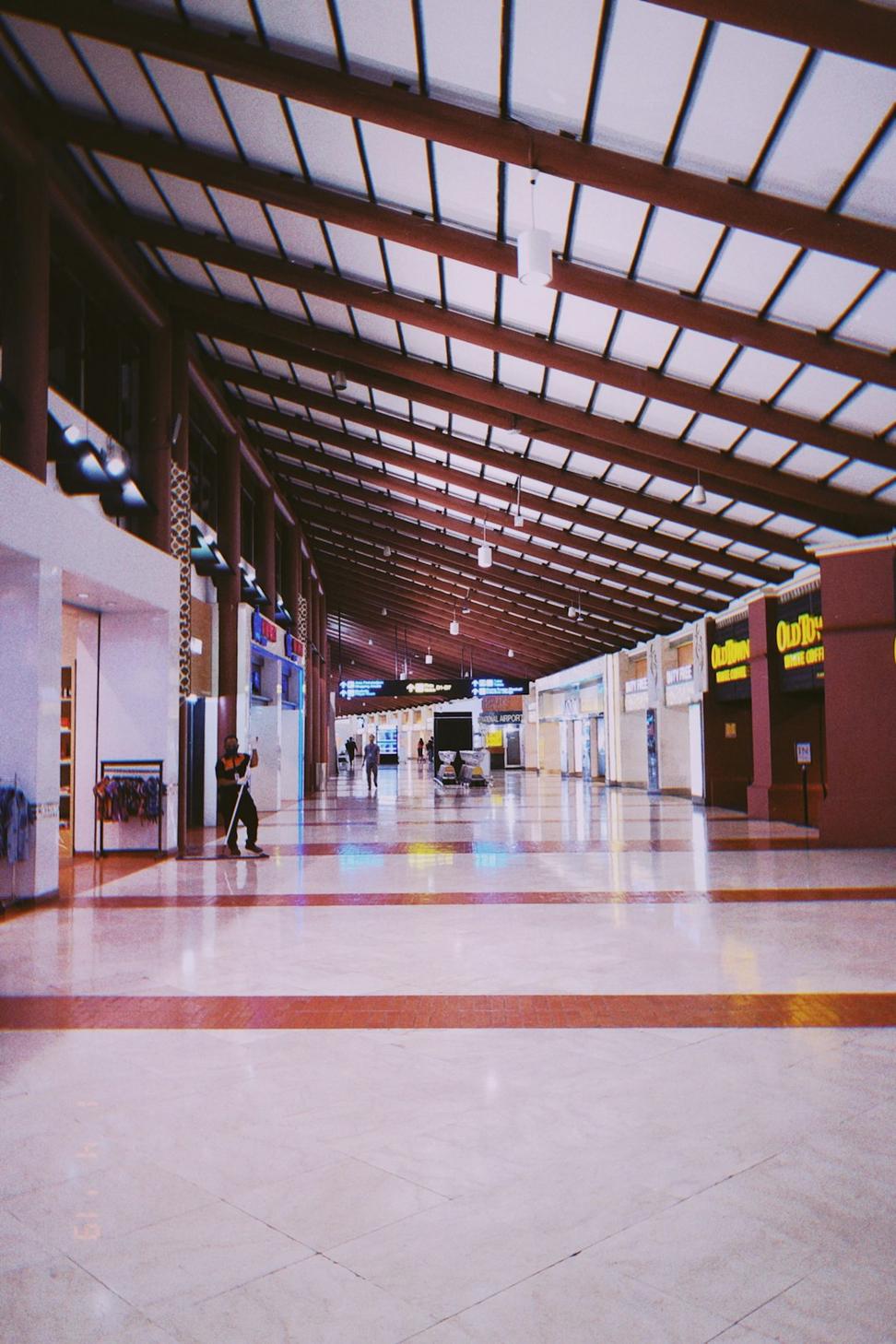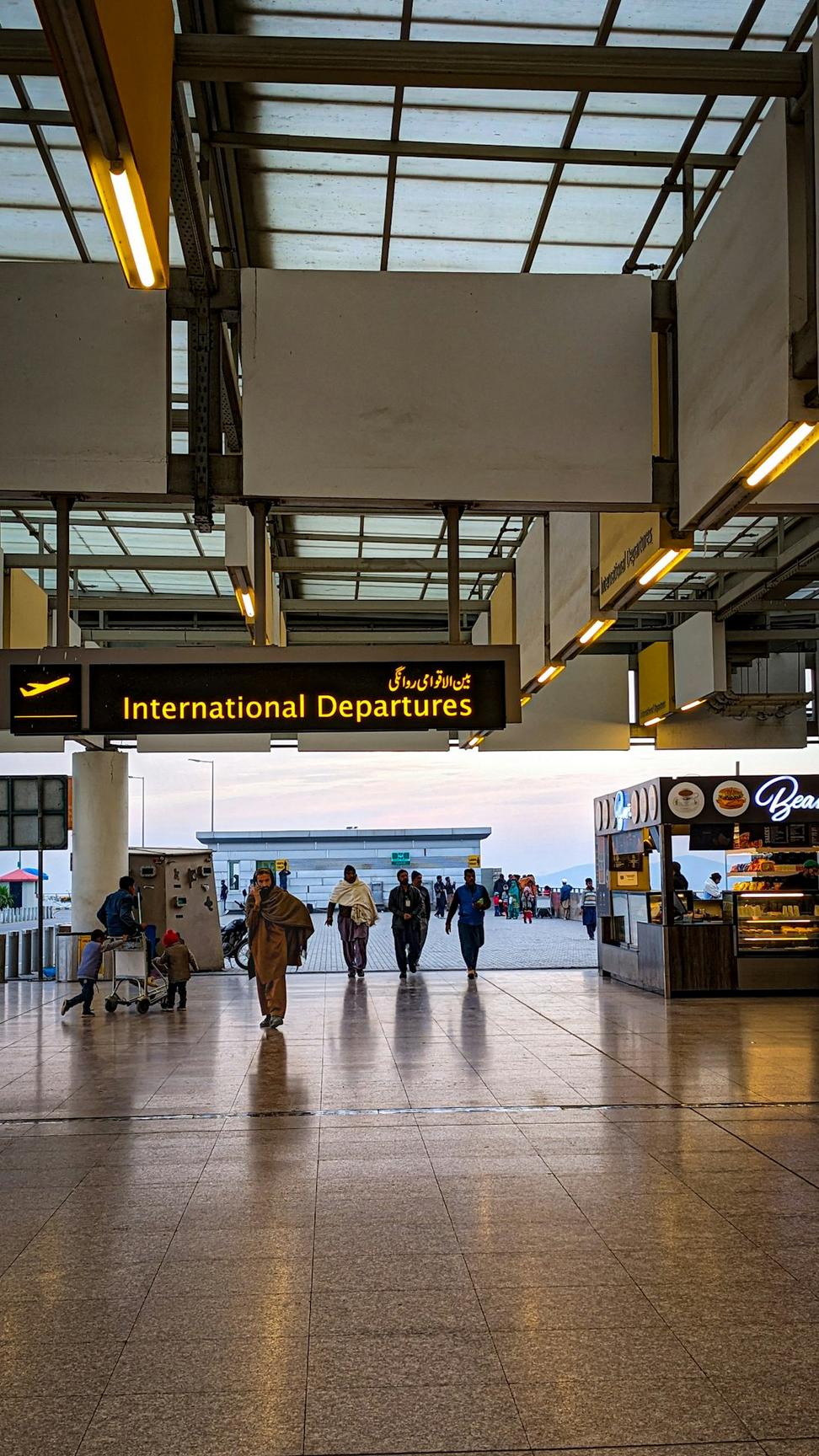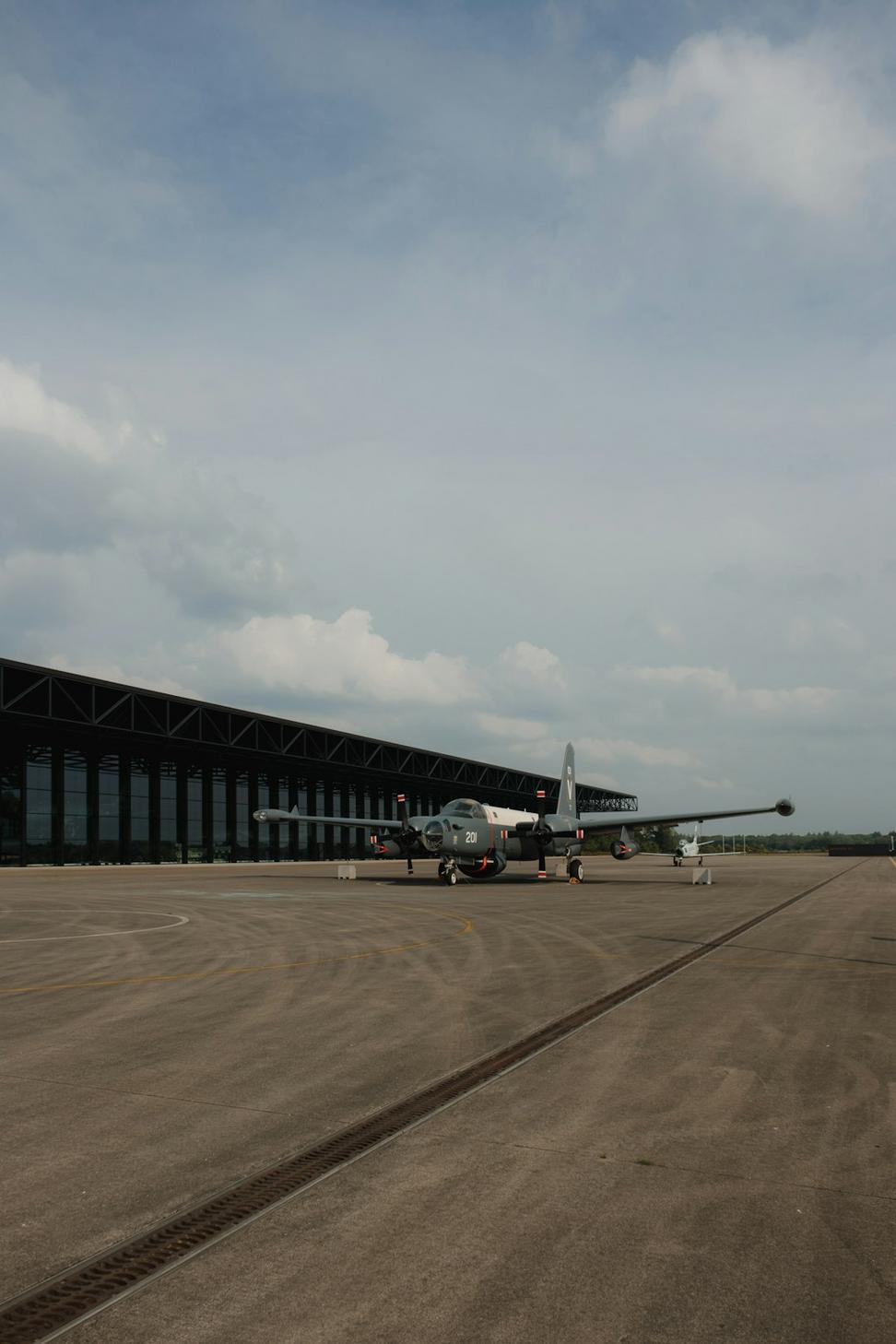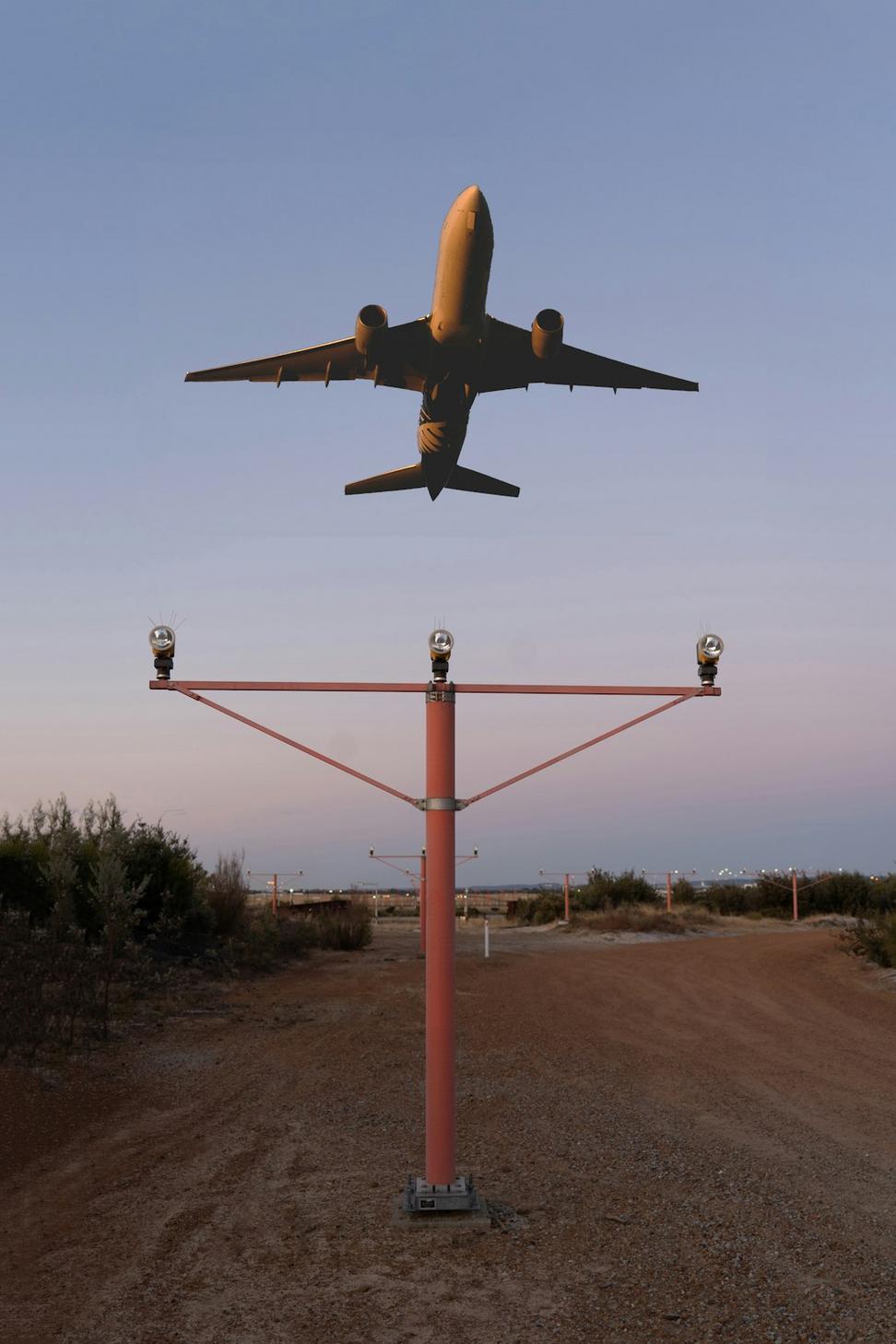Soaring Beyond Conventional Architecture
We've spent years figuring out what makes aviation spaces actually function. Not just look pretty in renders, but work when you've got 500 passengers moving through or mechanics servicing a fleet at 6am.

We've spent years figuring out what makes aviation spaces actually function. Not just look pretty in renders, but work when you've got 500 passengers moving through or mechanics servicing a fleet at 6am.

Years designing spaces where aircraft and people coexist
Aviation projects completed across North America
Focused on sustainable aviation infrastructure
Aviation architecture isn't your typical building design. You're dealing with massive clear spans, strict regulatory frameworks, and clients who know exactly what they need because they live in these spaces daily.
We've learned the hard way that theory only gets you so far. Real expertise comes from understanding airflow patterns in a hangar, knowing why a certain terminal layout reduces passenger stress, or figuring out how to retrofit a 1960s facility without shutting down operations.

Creating passenger flows that make sense, not just fancy ceiling features

From single-engine props to wide-body jets, we've housed them all
Preserving aviation history while meeting modern museum standards isn't easy - we've got some stories about moving vintage aircraft indoors.
Simulator rooms, briefing spaces, and maintenance training areas that actually support how people learn to fly.
Solar panels on hangars? Rainwater collection? Heat recovery from engine test cells? Yeah, we've done that.
Regular architects see a big open space and think "warehouse." We see load paths, door heights that'll accommodate tail sections, floor loading for towing equipment, and fire suppression challenges that'd make your average engineer sweat.
The aviation industry doesn't forgive mistakes. A poorly designed taxilane, inadequate drainage around aprons, or insufficient power infrastructure can cost millions to fix. We've been doing this long enough to catch those issues in the design phase.
See Our Aviation Work
Look, aviation's got an emissions problem and everyone knows it. But greenwashing a hangar with some solar panels isn't gonna cut it.
We focus on stuff that actually matters: passive heating and cooling strategies that work with hangar doors open, LED lighting systems that don't blind pilots at night, stormwater management that keeps glycol out of watersheds, and building envelopes that handle temperature swings without gulping energy.
Some of our facilities have cut energy use by 60% compared to conventional designs. That's real money saved and real emissions reduced, not just nice talking points.
Our ApproachWhether you're planning a new facility or fixing something that's not working, let's talk. We've probably dealt with a similar challenge before and can save you some headaches.
Get In Touch Browse Portfolio